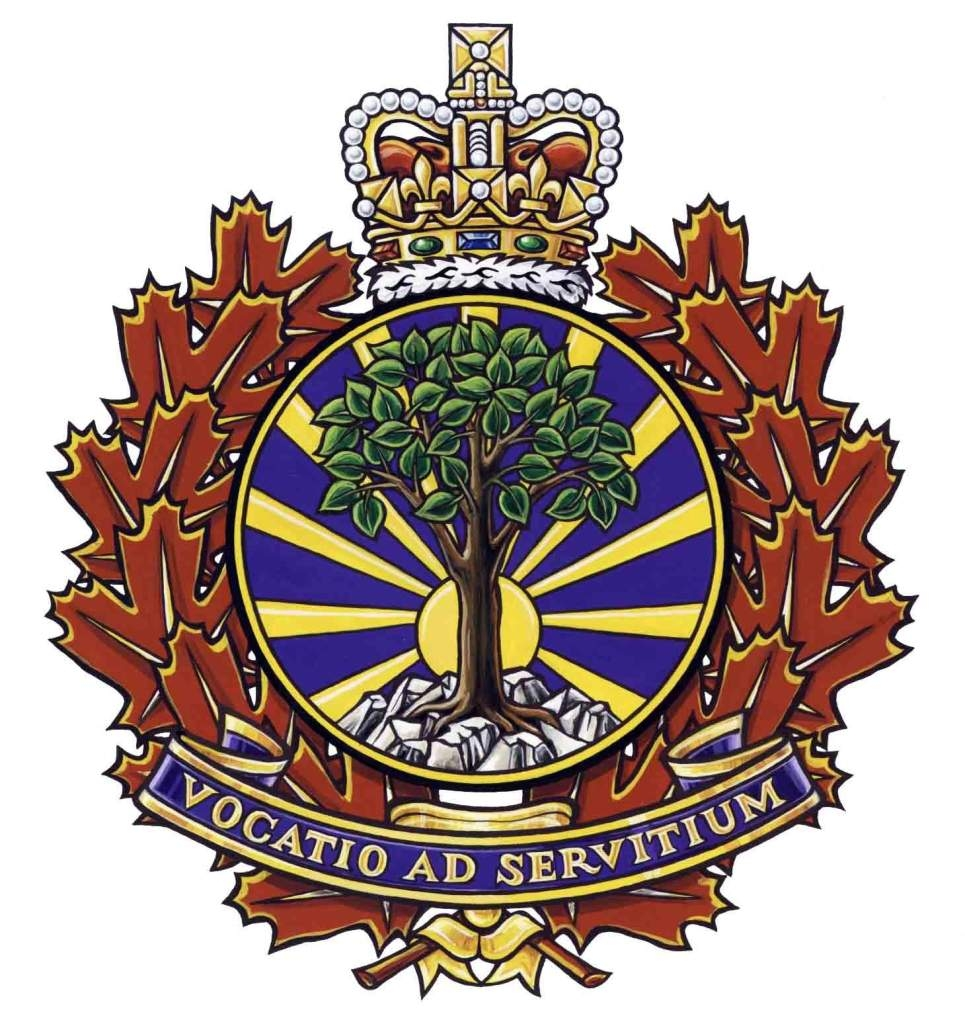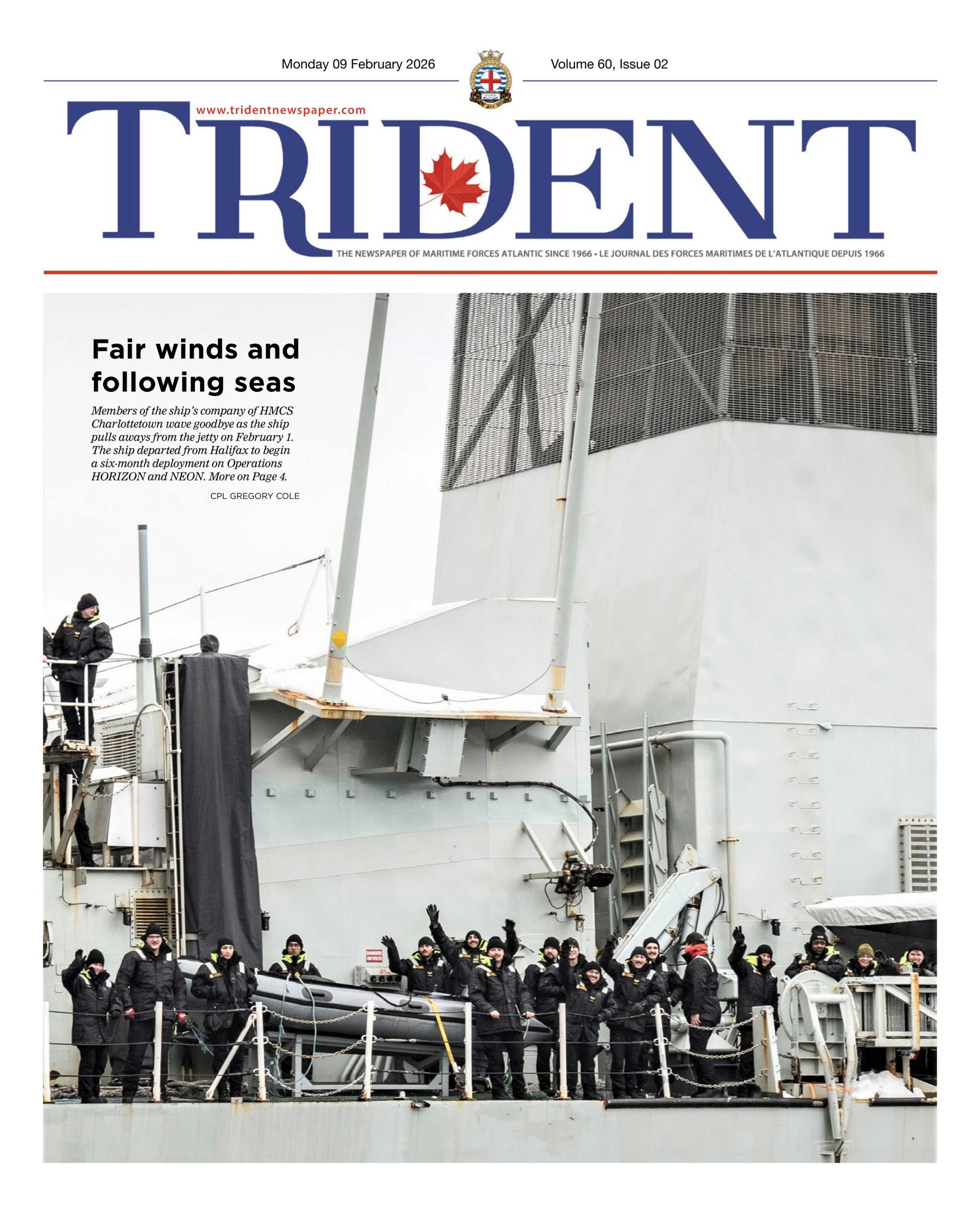
SUBMITTED
Padre’s Corner: Do you have enough peace to fight?
By Padre Lt(N) Clarke Dixon,
Chaplain, MARLANT & JTFA

During my formative years, Canadians prided themselves on peacekeeping, but we all accept that the Canadian Armed Forces (CAF) must be ready for combat. We are in the profession of arms and have all been trained on how to fire a C7. Though we long for peace, no matter our trade, we are trained to pick up a weapon and fight. With one glaring exception, of course; we chaplains. We are not permitted to bear arms.
So, if the chaplains are not allowed to bear arms, does that mean we don’t add anything to the fight? On the contrary, we are here to help you fight. Let me explain.
Looking to the Hebrew language, there is a word which is often translated as peace, namely shalom. While being at peace might seem like a good thing, shalom is much better.
My two motorcycles can be said to be at peace while they sit in the shed. They are in a place of shalom, however, when they are out on the road and all their parts are working together. Peace is often defined as the absence of conflict. Shalom, on the other hand, is the presence of harmony and completeness, of things being in the best state possible. Motorcycles are meant to be ridden. Ships are meant to be sailed. Helicopters are meant to be flown. Life is meant to be lived. We will rest in peace someday, but until then we can live in shalom.
One of my motorcycles refused to start last winter, unfortunately it was the one with the heated grips. The problem may have been one small part, but it only takes one broken part to destroy the hope of shalom.
It only takes one worry, one strained relationship, one inter-personal conflict, one inner conflict, or even one thought to destroy our shalom. We then find we are not ready to show up for work. We are not ready to fight. We may not be ready to show up for family and friends.
Family, friends, co-workers, and faith communities alike can be great sources of support in helping us live in shalom. Unfortunately, family, friends, co-workers, and faith communities may also be the reason we need support. Sometimes you need someone else. We chaplains are here for you. We can be that someone else. You can talk about anything and everything. We will listen. You can vent, you can cry. We won’t judge. You can talk about your beliefs and how they help, or how they don’t seem to make sense anymore. Yes, we can go to those religious discussions too, but we don’t have to. We are simply here for you, to help you find peace, to help you lean into shalom.
Wars are waged better from a place of peace. One role of a chaplain is to help you be at peace, so you are ready to work, ready for the fight, and ready to be fully present at home.






